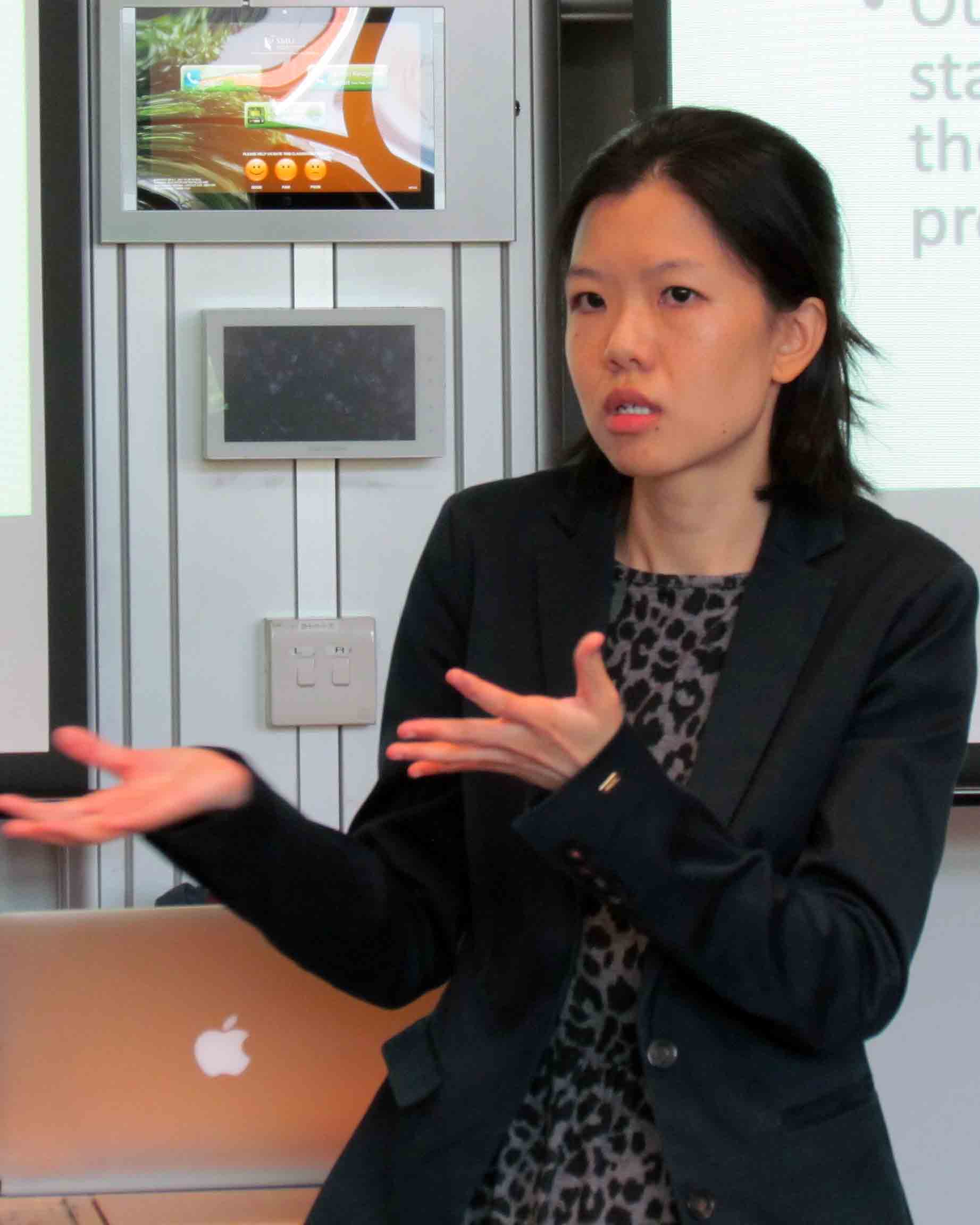| |
|
Volume 9 Issue 4 (December 2019)
|
Announcement
|
|
BSI Conference 2020 will be held on 7 April 2020 (Tuesday) at the Orchard Hotel. The conference theme is “Dealing with Disagreements”. Speakers and panelists in the conference include Tommy Koh, Chandran Kukathas, Tan Tai Yong, Zakir Hussain, Han Fook Kwang, Kanwaljit Soin, Lim Soo Ping, Vincent Chua, Cheng Chi-Ying, Walter Theseira, Lim Lai Cheng, Mathew Mathews and David Chan. Details will be available when registration opens in early January 2020.
|
|
Outreach
|
|
Professor David Chan delivered an invited talk titled “Behavioural Sciences and Public Policy: People-Centricity, Unintended Consequences and Public Trust” at a leadership development forum organised by the Ministry of Transport.
|
|
Upcoming BSI Seminars
|
|
21 January 2020
Cognitive, Social, Emotional, and Health Benefits of Computer Use in Older Adults:
A 9-Year Longitudinal Study
Seminar by Andree Hartanto
Lecturer of Psychology, SMU
|
| |
|
4 February 2020
Environmental Sustainability as a Mirage of Time: Confidence in Government Moderates Cross-Cultural Differences in Present Bias and Pro-Environmentalism
Seminar by Sean Lee
Psychology PhD Candidate, SMU
|
| |
|
18 February 2020
Explaining Empathy Orientation in the Healthcare Setting and Identifying Its Dimensional Components for Scale Development: A Grounded Theory Approach
Seminar by Yu Chou Chuen
Programme Manager, Geriatric Education & Research Institute
|
| |
|
10 March 2020
The Diversity of Cultural Diversity: Predictors of (in)tolerance of Distinct Patterns of Culture Mixing
Seminar by Bobby K. Cheon
Nanyang Assistant Professor of Psychology, NTU
|
| |
|
17 March 2020
It's Not You, It's Us: How Interpersonal Attributions Shape Relationship Satisfaction
Seminar by Justus Wee
Associate Lecturer, School of Humanities and Behavioural Sciences, SUSS
|
| |
24 March 2020
Religiosity Moderates the Link between Environmental Beliefs and Pro-Environmental Support: The Role of Belief in a Controlling God
Seminar by Kimin Eom
Assistant Professor of Psychology, SMU |
|
Highlights of Recent BSI Seminars
|
|

|
29 October 2019
Jacinth Tan, Assistant Professor of Psychology, SMU, presented a seminar titled “It’s Not What You Get But How You’re Getting It: The Effect of Status and Perceived Inequality on Emotion”. She shared how socioeconomic status is associated with poorer health and well-being. She also discussed the role of attributional and affective processes that may underlie how socioeconomic standing and inequality shapes risk-taking.
|
| |
|
|

|
5 November 2019
Tsai Ming-Hong, Assistant Professor of Psychology, SMU, presented a seminar titled “When and Why Do We Have Difficulty in Considering Each Other's Perspective?”. He shared when and why people are not receptive to others’ perspectives in various situations and also presented practical strategies on how individuals can cope with the failure to consider alternative viewpoints.
|
| |
|
|

|
12 November 2019
Kenneth Tan, Assistant Professor of Psychology, SMU, presented a seminar titled “Perceived Dissolution Consideration and the role of Partner Commitment Regulation”. He discussed the relationship between perceived dissolution consideration (PDC) and partner commitment level and presented his research findings on whether people attempted to increase or decrease their partner's level of commitment toward their relationship in response to PDC.
|
|
Insights and Applications from Behavioural Sciences
|
|
In this section on Insights and Applications from Behavioural Sciences, we feature an invited commentary where Professor David Chan explains how the science of self-sabotage can help us understand why people sometimes choose to say and do things that defeat their own goals and offer solutions to deal with the problem. The article was published in The Straits Times on 30 November 2019 and also shared on SMU Facebook page.
|
|
About BSI
|
| The Behavioural Sciences Institute (BSI) is a multi-disciplinary research institute for creating, disseminating and applying scientific knowledge about human behaviours in various social, organisational and cultural settings. For more information, please refer to our website. |
|
Should you wish to subscribe/unsubscribe, please click here.
|
|